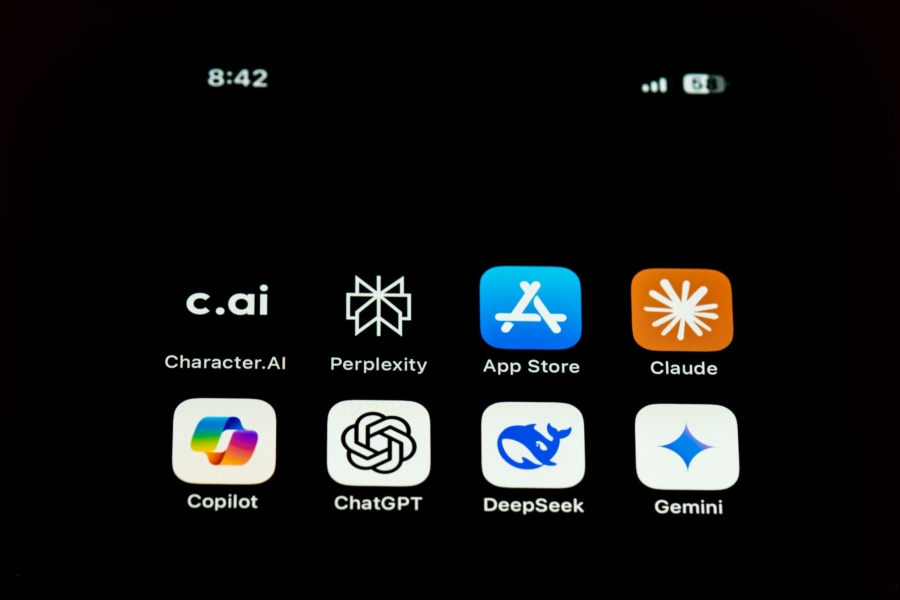Apple Intelligence, Google Gemini, and AI Models
Bloomberg reported Apple is in talk with Google to use custom version of Gemini in the Apple’s servers, named “Private Cloud Compute”. If the deal goes through, Apple would have a default AI model for Apple Intelligence as a service. In all likelihood, it also means Apple would keep many of the AI related features on iOS and macOS to be replaceable by other models or services, much akin to how App Store is reshaping now.
There is a reason why I bring up App Store out of all the places. In most tech reviews and analyses I’ve read so far, authors often fail to mention the superior generative AI services they are comparing Apple Intelligence against are usually already on the App Store as a separate app. Their attitude toward AI is much akin to what I had observed with DMB (not to be confused with DMV), a TV broadcasting technology for mobile devices. It was so popular in South Korea back in the 2000s, there was even an ad against iPhone — without DMB, it shouldn’t be called a real smartphone. There is no point it in rubbing it in, but these advertisements and media coverages delayed both the adaptation of social media viewership and rise in contents creator; iPhone was shipped with stock YouTube app. Same can be said with many of the AI arguments. The problem is not unique to the hardware.
In theory, it is possible approach the same problem with how embedded and well-polished the implementation of an AI service is. Generally speaking, I have yet seen a single product should be replaced as a sophisticated AI terminal and the consumers were happy with it. It’s not a question of whether the consumers want embedded AI interface anymore. Once Apple, one way or the other, pushes an AI that is running on their operating system, AI developers would ask for same level of access to the device. We can be sure of that, because as it stands now, iOS and macOS are likely to be turned into the App Store for AI, only that the first batch of AI installed on it will be Apple Intelligence provided by Google.
No doubt Apple also has a plan for “sherlocking” some AI models and features; I wouldn’t be too surprised if Apple chooses to limit the access of certain APIs. But ultimately, I wouldn’t be too surprised if Apple simply fails to replace competitors’ AI models as a whole and instead opt to choose a default AI model out of the selections. And when it happens, I suspect AI developers and law makers would be demanding for open market once more.
